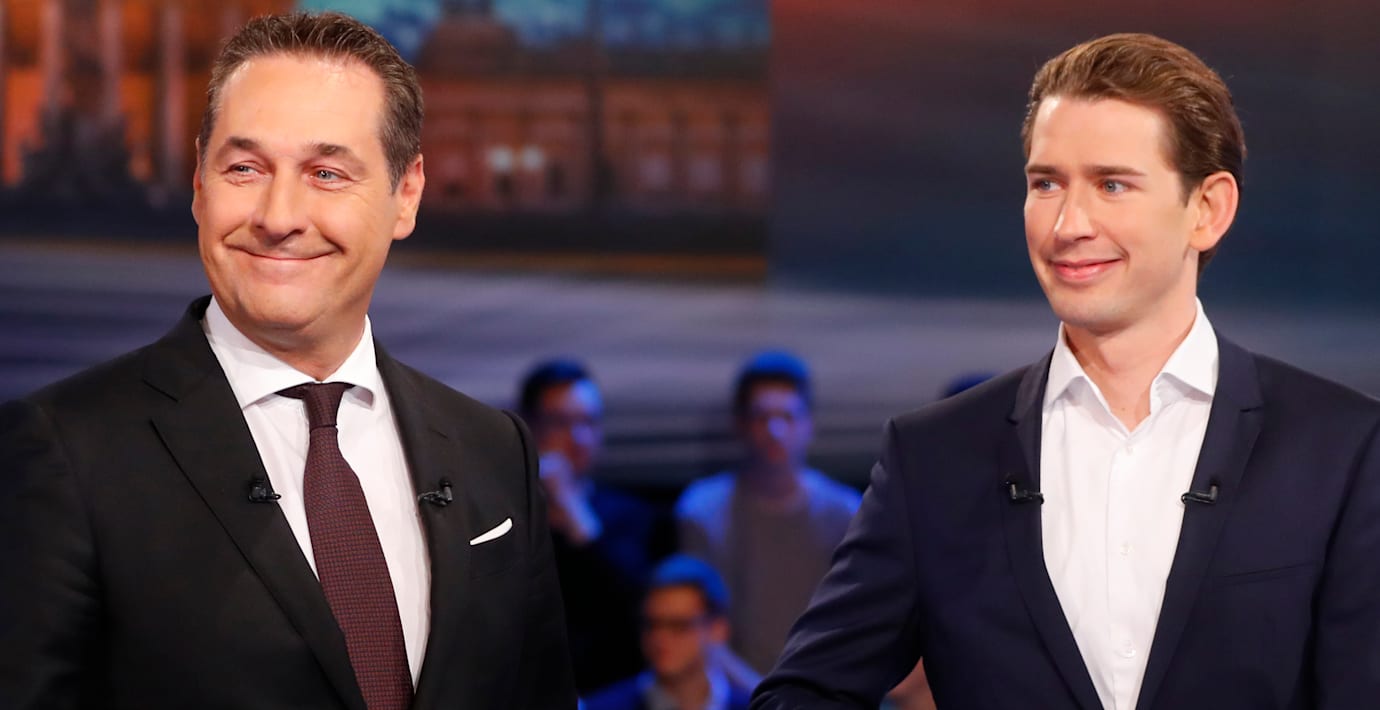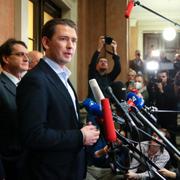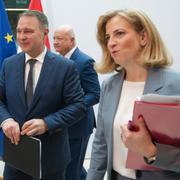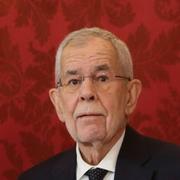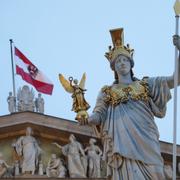Wikipedia (en)
The Freedom Party of Austria (German: Freiheitliche Partei Österreichs, FPÖ) is a right-wing populist and national-conservative political party in Austria. The party, led by Heinz-Christian Strache, is a member of the Europe of Nations and Freedom group in the European Parliament, as well as of the Movement for a Europe of Nations and Freedom.
The FPÖ was founded in 1956 as the successor to the short-lived Federation of Independents (VdU), representing the "Third Camp" of Austrian politics, i.e. pan-Germanists and national liberals opposed to both socialism and Catholic clericalism. The party's first leader was Anton Reinthaller, a former Nazi functionary and SS officer. The FPÖ, a third party with modest support, was admitted to the Liberal International (LI) in 1979 and participated in a government led by the Social Democratic Party (SPÖ), following the 1983 legislative election. When Jörg Haider was chosen as new FPÖ leader in 1986, the party started an ideological turn towards right-wing populism. This new political course soon resulted in a strong surge in electoral support, although it also led the SPÖ to break ties. In 1993, after a controversial proposal on immigration issues, the adherents of a position closer to classical liberalism broke away from the FPÖ and formed the Liberal Forum (LiF), which took over the FPÖ's membership in the LI (since the FPÖ considered itself forced to leave) and would later eventually merge into NEOS.
In the 1999 legislative election the FPÖ won 26.9% of the vote, its best-ever result in a nationwide election, and came ahead of the Austrian People's Party (ÖVP) by a small margin. This led the ÖVP to agree to form a coalition government with the FPÖ in 2000. The FPÖ soon became uncomfortable with governing and fell sharply in the 2002 legislative election, in which it obtained only 10.0% of the vote; however, the two parties agreed to continue their coalition following the election. In 2005 increasing internal disagreements in the FPÖ led Haider and several leading members (including all the party's ministers) to defect and form the Alliance for the Future of Austria (BZÖ), which replaced the FPÖ as government partner.
Since then, under Strache's leadership, the party has again attracted an increase in its popular support. In the 2013 legislative election the FPÖ won 20.5% of the vote and, more recently, it came ahead either of the SPÖ or the ÖVP in some state elections, entered in a SPÖ-led government in Burgenland and gained more than 30% of the vote in Vienna. Finally, in the 2016 presidential election, FPÖ member Norbert Hofer won the first round, receiving 35.1%, but was defeated by The Greens' candidate Alexander Van der Bellen, 53.8% against 46.2%, in the final run-off (an earlier run-off was invalidated).
Among other things, the party supports the unification of South Tyrol (Italy) with Tyrol (Austria), and, therefore, the South Tyrolean secessionist movement, which notably includes its South Tyrolean sister party Die Freiheitlichen.
